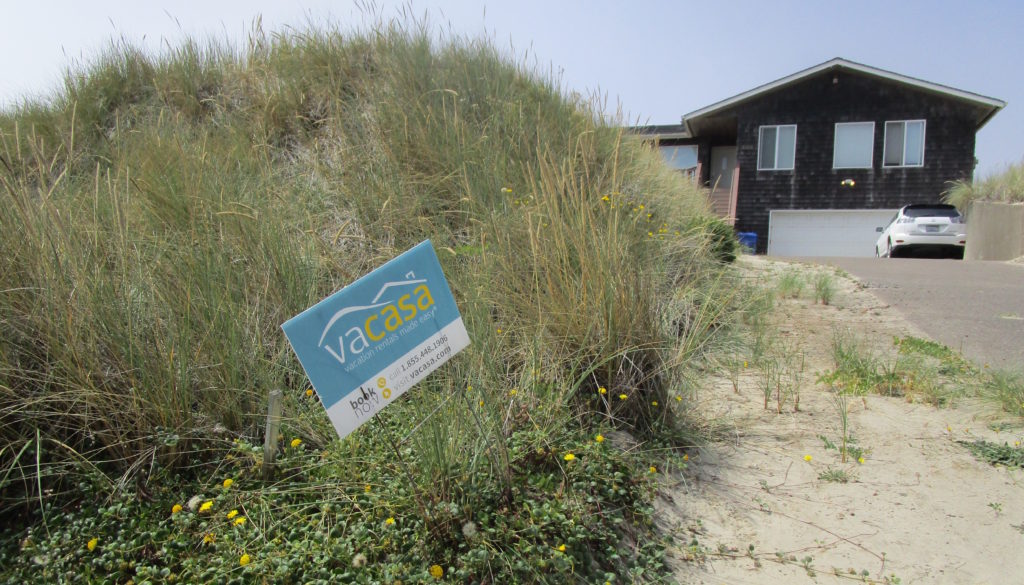
Lincoln County has scheduled a workshop for 6 p.m. Thursday, Dec. 19 to update people and hear more ideas about regulating vacation rentals in unincorporated areas of the county.
The session is the first since September, when county commissioners passed an emergency ordinance on occupancy rules for short-term rentals and instituted stricter requirements for rentals on septic systems.
The meeting will be in the commissioner’s meeting room of the county courthouse, 225 W. Olive St., Newport.
In announcing the workshop, the county said it is intended to update interested parties on its research since September. Officials also want to provide information and data on short term rentals, including maps prepared by the county; examine best practices by Oregon counties and other jurisdictions in regulating rentals; and hear from the public about additional problems and concerns and any other ideas about how to address problems and concerns.
Additional workshops will be scheduled in early 2020 to continue discussions, the county said.
At some point, part of the discussion will be whether to put a limit on the number of licensed short-term rentals, the county has said.
In September the county declared an emergency to adopt a series of rules governing 546 licensed – and an estimated 50-60 unlicensed – short-term rentals on property outside cities from Yachats in the south to Otis in the north. The great majority of those are on septic systems, so the commission’s actions centered on those issues.
The county’s new rules:
- Define occupancy based on the rental’s number of bedrooms;
- Require that all septic systems be able to handle occupancy limits based on the number of bedrooms, that license holders must have a current septic permit with allowed number of bedrooms, and gave license holders without a septic permit 120 days to get their systems evaluated.
- Re-calculate occupancy limits for all license holders beginning in January.
- If the county finds a failing septic system, the owner has to immediately cease renting and fix within 60 days or risk losing the license.
- Tighten procedures on license renewals, garbage service and signs.

After the September approvals county counsel Wayne Belmont told commissioners that staff will:
- Develop better overall location of rentals on regular and zoning maps to see where they are concentrated and see if special attention needs to be paid to those areas;
- Re-examine methods of contacting rental managers;
- Examine on-line methods of filing complaints with the county;
- Beef up enforcement;
- Re-evaluate how occupancy numbers are determined. The county now calculates approved occupancy as three people per bedroom plus two others for a maximum capacity of 16, except for five “grandfathered” permits. Most jurisdictions allow two people per bedroom, Belmont said.


